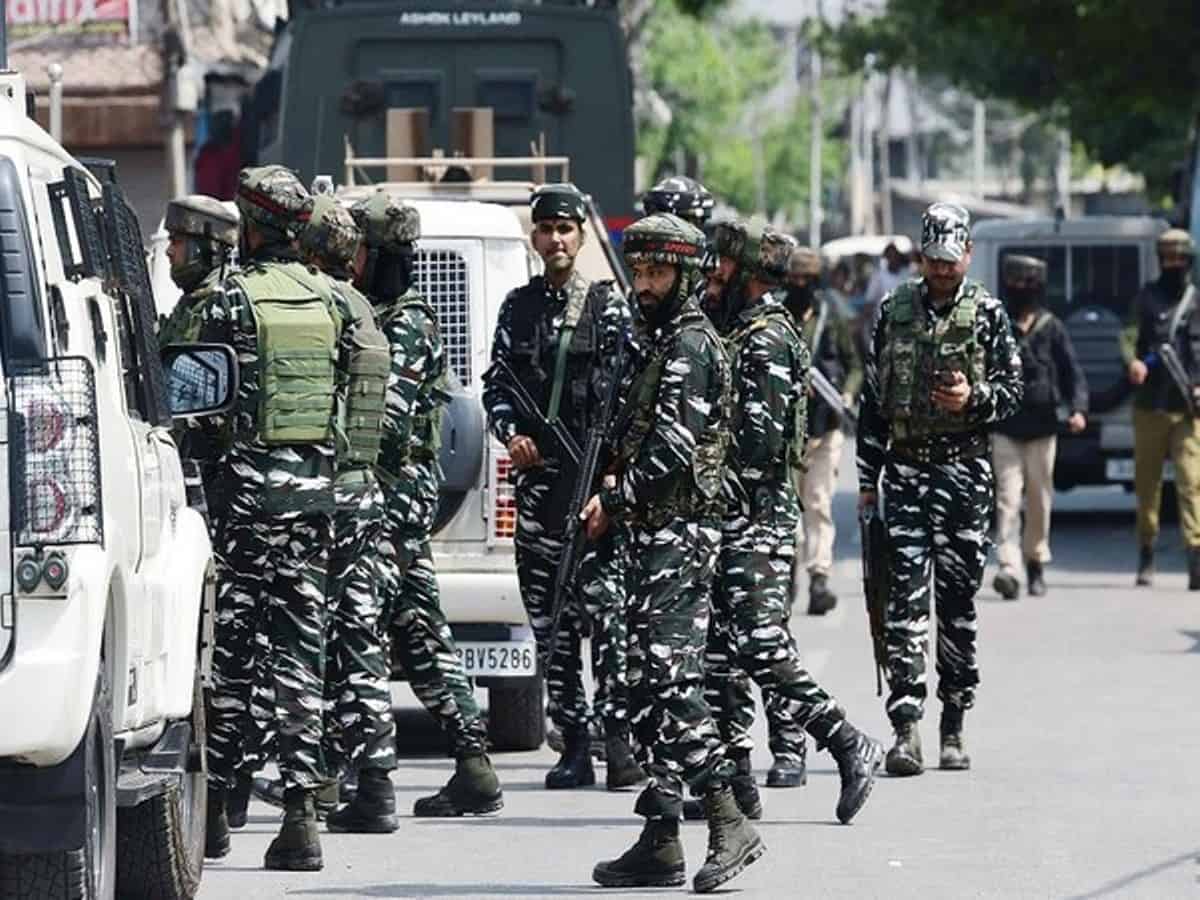
There has been no change in the counter-terrorism strategy in Jammu and Kashmir since terrorism erupted in the late 1980s. The battalion approach – more troops are essential to fight terrorists has been at the core of this strategy, and it is not at all-time relevant or useful. The government has not diagnosed the real cause of terrorism, hence its medicine is also not perfect.
Pakistan, no doubt is a factor. The threat emanating from across the border can be strengthened by the strengthening anti-infiltration grid and taking the locals into confidence to report on the terrorists and intruders. That forms a comprehensive strategy against terrorism.
Rushing more troops is a strategy that proves effective in handling law and order situations, but terrorism demands different treatment, in which the security forces and the locals have partners, not in just sharing information about the movement of terrorists, but also in creating an atmosphere in which terrorists find it difficult to enter and cause any harm. That’s the real preemptive strategy in countering terrorism.
The battalion approach has been adopted yet again after the killing of six people, including two young girls in twin terror attacks on January 1 and 2 in Dangri village in Rajouri district that borders Pakistan-occupied Jammu and Kashmir. The killings and the threats perceived by them, perceptional and physical, are being responded to by bringing in more troopers of the Central Reserve Police Force and their deployment in the border areas. Nearly 2000 CRPF personnel have been brought for deployment in Rajouri and Poonch districts. This, it is believed, will instill confidence among the minorities that there were forces deployed around them to guard, and save them from terror attacks in the future.
Politically, it does convey that the government is serious about handling the security concerns of the minorities, which are feeling increasingly insecure after the Dangri killings, where the terrorists opened fire on their victims after ascertaining their identity through Aadhar cards. The terrorist’s pre-shooting action establishes that they were looking at their would be victims through their religious identities. This was a deliberate act by terrorists – first, they wanted to convey the message that only Hindus, who are in minority in the region were their targets. These religious- identity verifying exercise causes deeper sense of fear than random killings. They wanted to draw a clear distinction between the communities, which figured on their hit list and others that were not to be touched. This has been their typical strategy of the terrorists from the beginning of their terror campaign in 1989. The selective killings, massacres, have been guided by religious considerations. It helps them to sow seeds of suspicion between the communities.
This time, after the killings, Muslims all across the Jammu region, held protests, observed shutdowns and denounced the killings like never before. So much so, even the Kashmiri Muslim politicians- Farooq Abdullah, Mehbooba Mufti, and others denounced the killings. Even the Mirwaiz Umar Farooq-led All Parties Hurriyat Conference, in a statement, unequivocally condemned the killings. Through their words and actions, the members of the Muslim community demonstrated share of their pain with the minorities, and at the same time foiled the plans of some of the fundamentalist groups to blame these killings on the community. They clearly distanced themselves from the terrorists or their backers.
At this time, the arrival of more troopers to safeguard the minorities in the region is not the perfect reading of the situation. The additional 2,000 troops in the treacherous terrain, which is dotted by dense jungles, ravines, and steep rocks, will serve a limited purpose. These deployments in the minority community villages, will no doubt add to sense of security. But, at the same time, these will raise a question mark, whether Jammu and Kashmir has attained a sense of security on its own after over three decades of fight against terror or is it because of the security forces all around . More forces will puncture the narrative that a decisive battle against terrorism has been won.
The deployment of more forces has its pitfalls. The past history of terrorism and counter-terrorism in J&K has established a fact that security forces presence serve a limited purpose, the real peace can be achieved by initiating dialogue with the people and their representatives. Since there is no formidable political institution, the possibility of dialogue exists only in the mindset of the people of J&K, it has no backing from the government. Assembly elections may not be a panacea but it is a proven fact that the people have doors to knock on. That inspires more confidence and offers a greater security guard than anything else.



